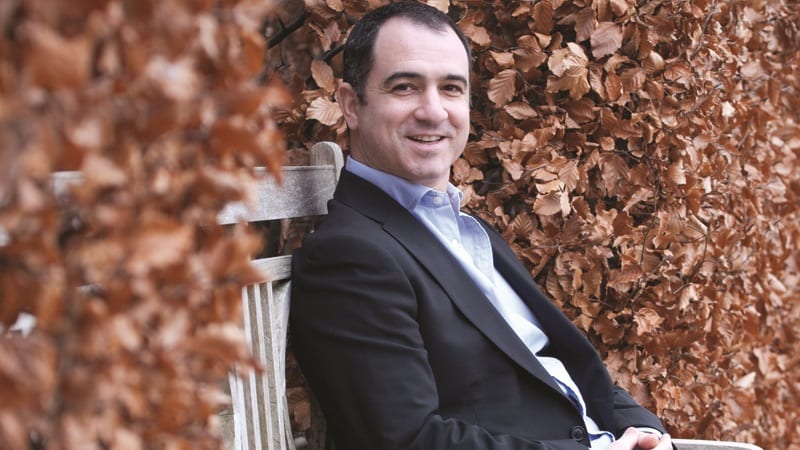The board of the Perpetual Income & Growth investment trust has said its “patience ran out” with Mark Barnett as it updates shareholders on its search for a manager to replace Invesco.
The £546.4m investment trust lost investors 35.5% over the year to 31 March, according to its latest annual report published on Tuesday. Its net asset value fell 29.9% over the period compared to 18.5% losses in the FTSE All Share.
Although the board acknowledged the Covid-19 impact on the portfolio, it said the “Brexit bounce” heralded by Barnett (pictured) appeared at this stage to be short-lived.
The board said shareholders would “understandably be extremely concerned and disappointed by these poor results, which follow on from previous years’ underperformance”. It said its “patience ran out” on 6 April when it served notice to Invesco. Just over a month later, Invesco revealed the UK equities manager would be exiting the business.
See also: Invesco denies trust sackings and unquoted write downs led to Mark Barnett exit
Invesco unlikely to retain mandate despite Mark Barnett’s exit
Tilney managing director Jason Hollands said the strong language suggests Invesco would face an uphill battle retaining the mandate, despite its shake up of the UK equities team.
“I wouldn’t want to speculate who might be in the running – frankly it could be anyone with a decent UK team,” Hollands said, “but managers with an existing investment trust company secretarial team will certainly have an advantage and, given the retail nature of the shareholder base, the ability to support investment trust savings schemes and ISAs, would also be a plus.”
He suspected competition for the mandate would be tough given the current market environment.
An announcement on a replacement manager is expected over the summer “although it is somewhat hampered by the current restrictions”, the board said in the annual results.
It would be looking for an investment manager to deliver “capital growth and real growth in dividends over the medium to longer term from mainly UK equities”.
Willis Owen head of personal investing Adrian Lowcock said that leaves the door open over who could take over. “I would expect Perpetual to look to a group with the expertise in equity income as well as investment trusts so we could see Schroders or Blackrock be contenders,” Lowcock said.
Chelverton, JO Hambro or even Lindsell Train are other alternatives, Lowcock says.
Mercer and Winterflood Securities will help the board with its search for a replacement manager. Board member Bob Yerbury has also been kept on until the end of the year so he can help with finding a new manager, despite the fact he was due to step down at the AGM in July.
It has set “specific controls around the portfolio” over the interim period while Invesco’s successors to Barnett run the portfolio.
See also: Invesco faces long road stymying outflows despite end of the Mark Barnett problem
Board willing to tap into reserves in the face of uncertain dividends
Despite poor performance, the board noted the investment trust’s income stream remained strong with the total dividend for the year increased 3.4% to 15p per share. It has increased its dividend every year since 1999.
It would tap into “significant accumulated reserves” to pay dividends if appropriate, the board said.
It said in the report: “Forecasting dividend receipts for the current financial year is challenging as the underlying investee companies adapt to the consequences on their businesses following Covid-19. In addition, once appointed, the new investment manager is likely to make a number of portfolio changes.
“Therefore the board is not in a position to set a target for dividends to be paid by the company in the next financial year.”
Despite overhauling the UK equities team, Invesco defended the approach taken on the portfolio in the investment manager’s report within the annual financial results.
Interim portfolio manager Martin Walker said Invesco was “disappointed” with the outcome of the board’s decision to serve notice over the mandate.
But Walker added: “We understand the performance pressures that exist in today’s market, but since the half year results we have embraced the board’s views on performance with improved results in the latter part of 2019, consistent with the principled valuation-based approach we have always taken.
“We are disappointed that we were unable to build on this, given the recent extreme volatility in financial markets.”










